Regular hair trims improve the appearance and overall health and condition of your hair, and are an important part of a healthy hair care routine. Additionally, regularly trimming your hair helps reduce and prevent the damaging effects of hard water on your hair.
Trimming regularly ensures that all split ends and breakage are removed before traveling up strands and getting worse. Aim to trim your hair every 6-8 weeks, depending on its condition and the shape of your cut, to stave off the effects of hard water damage.


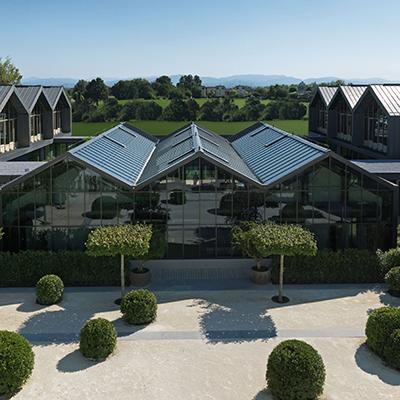
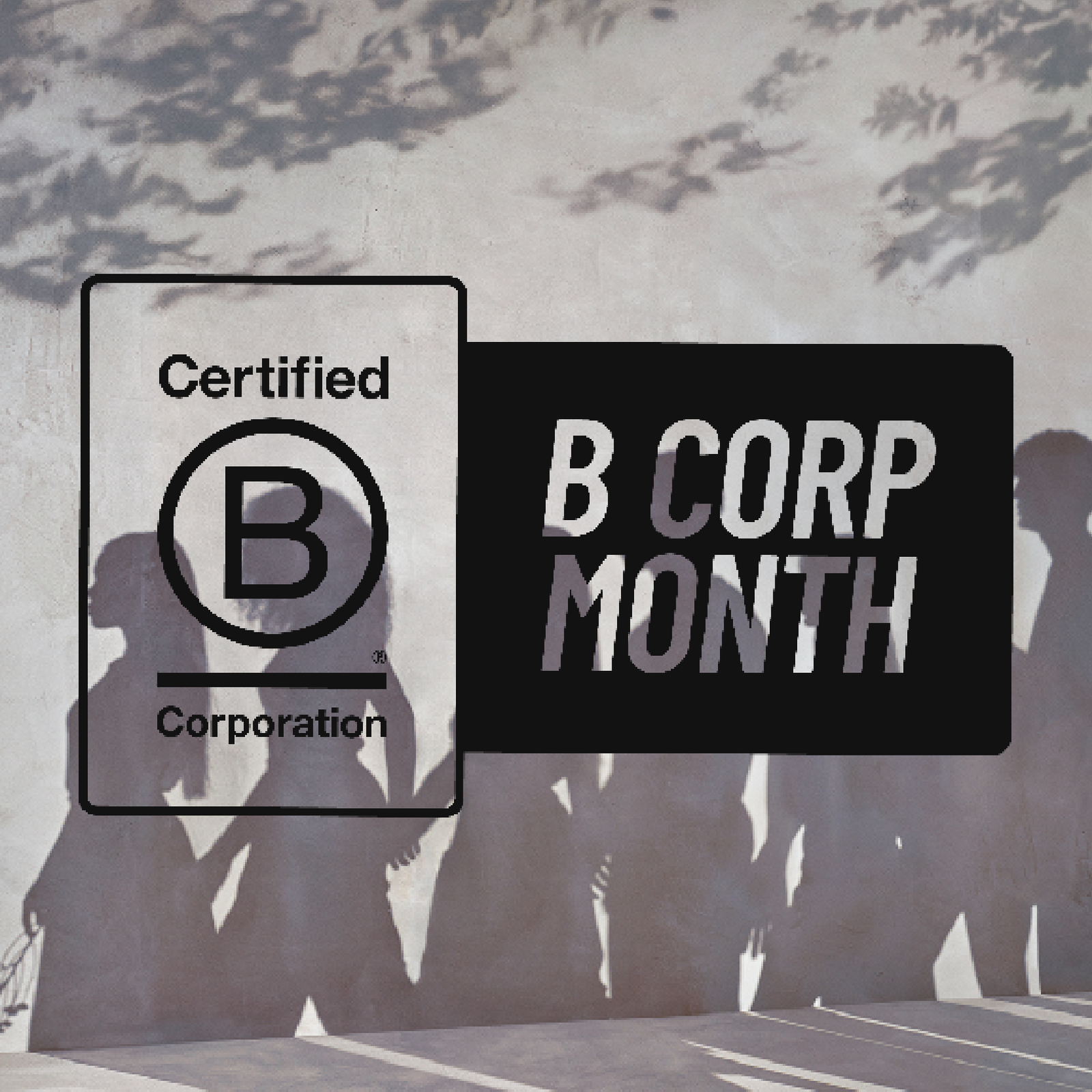
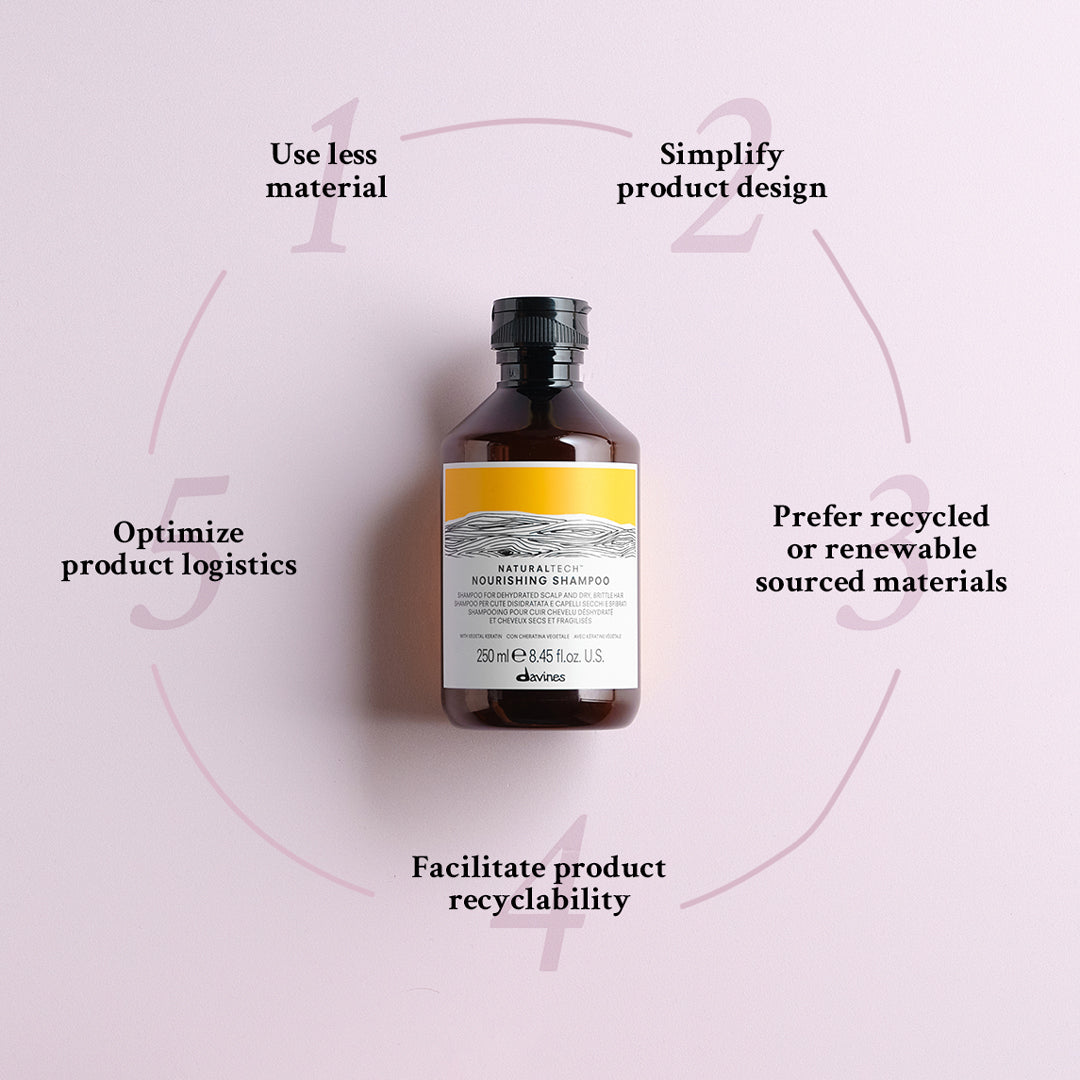
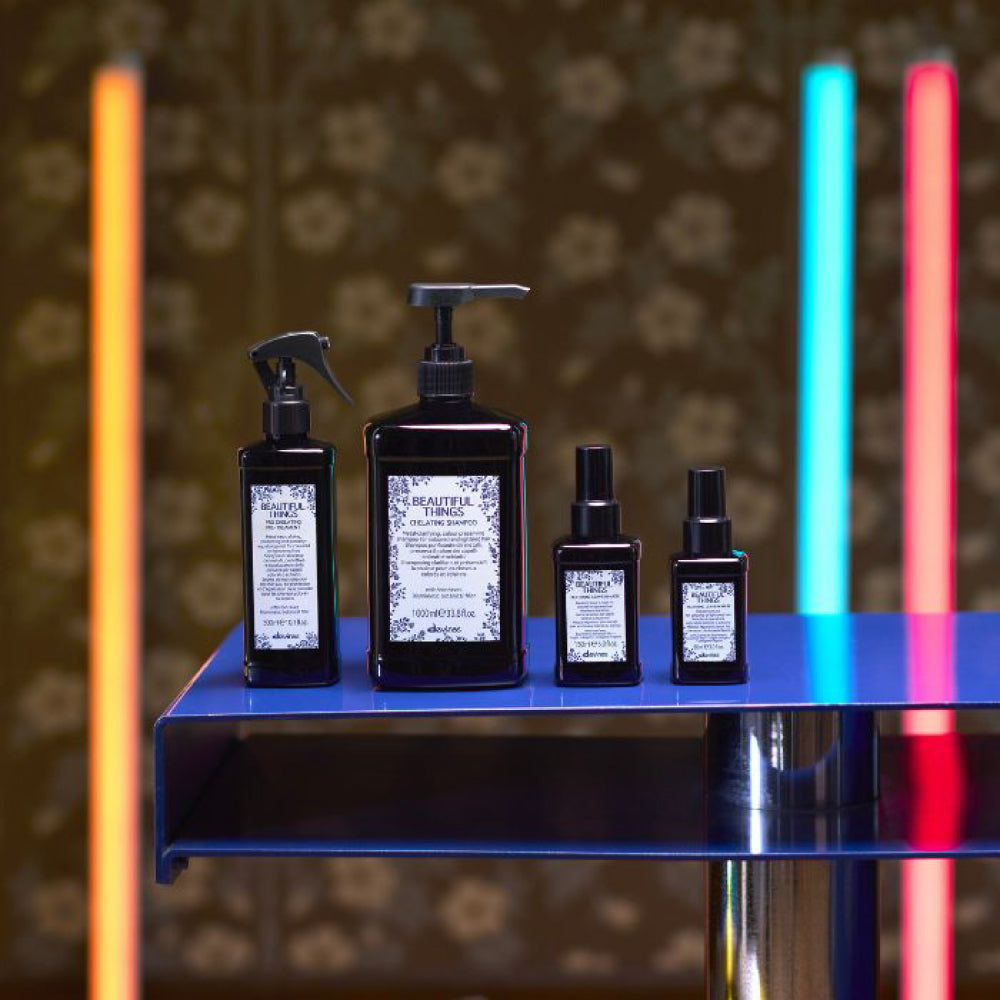


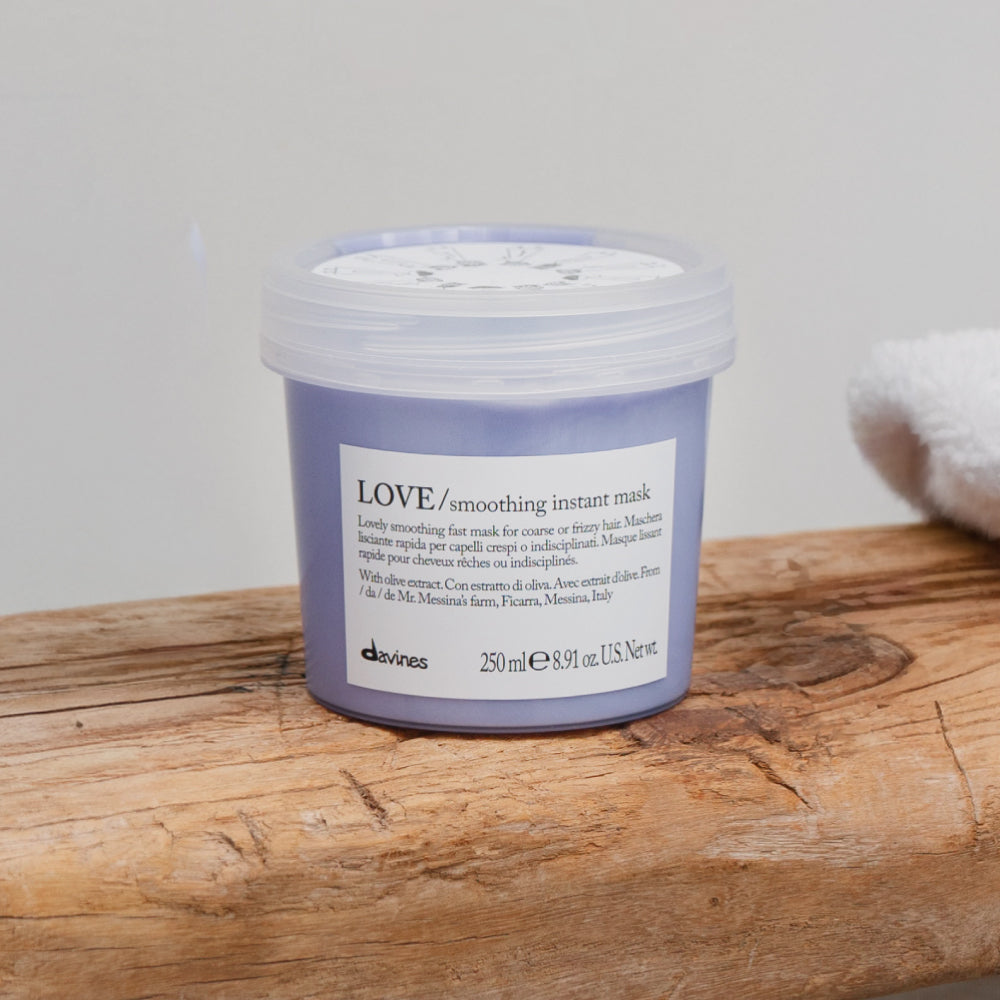

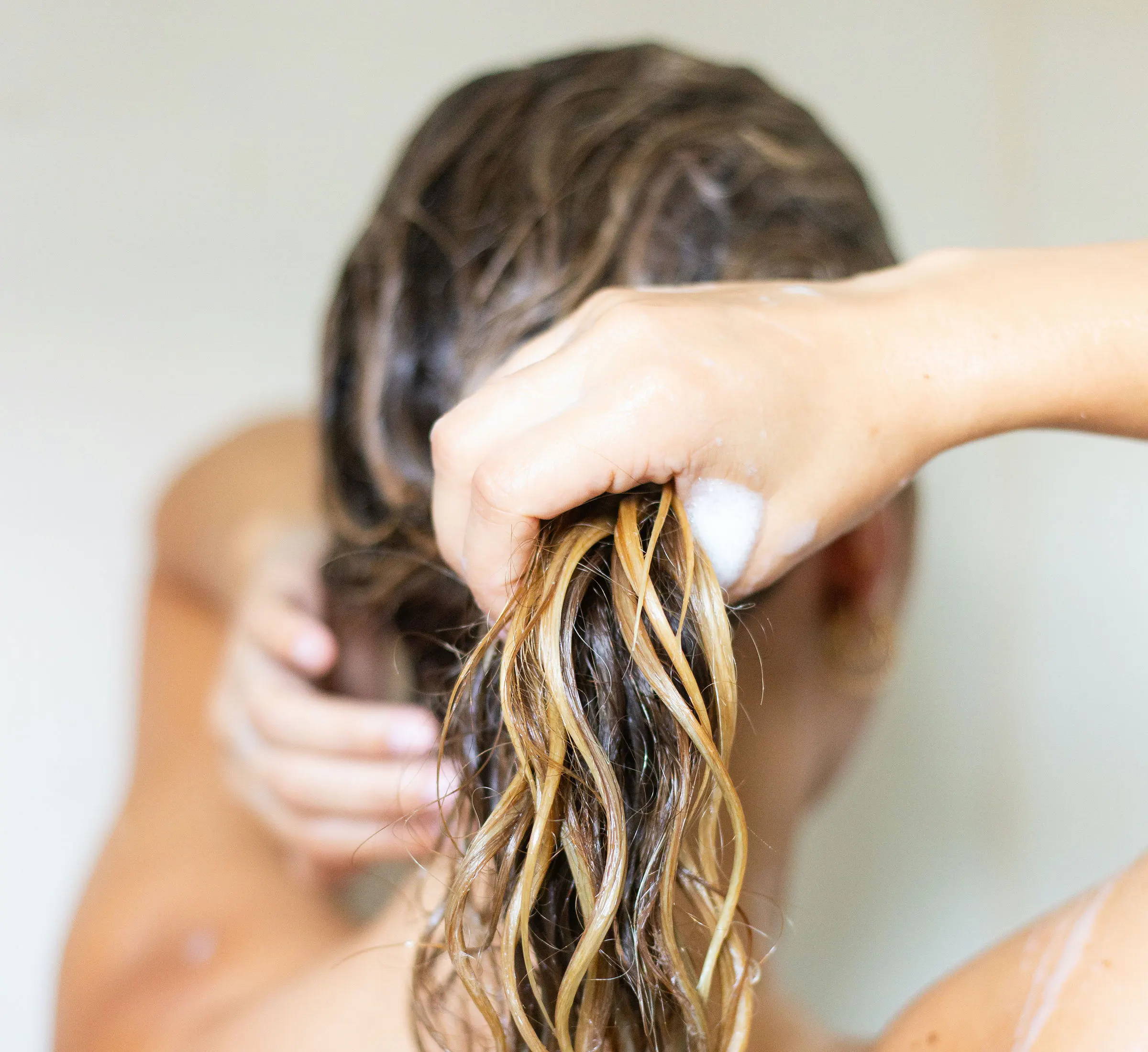
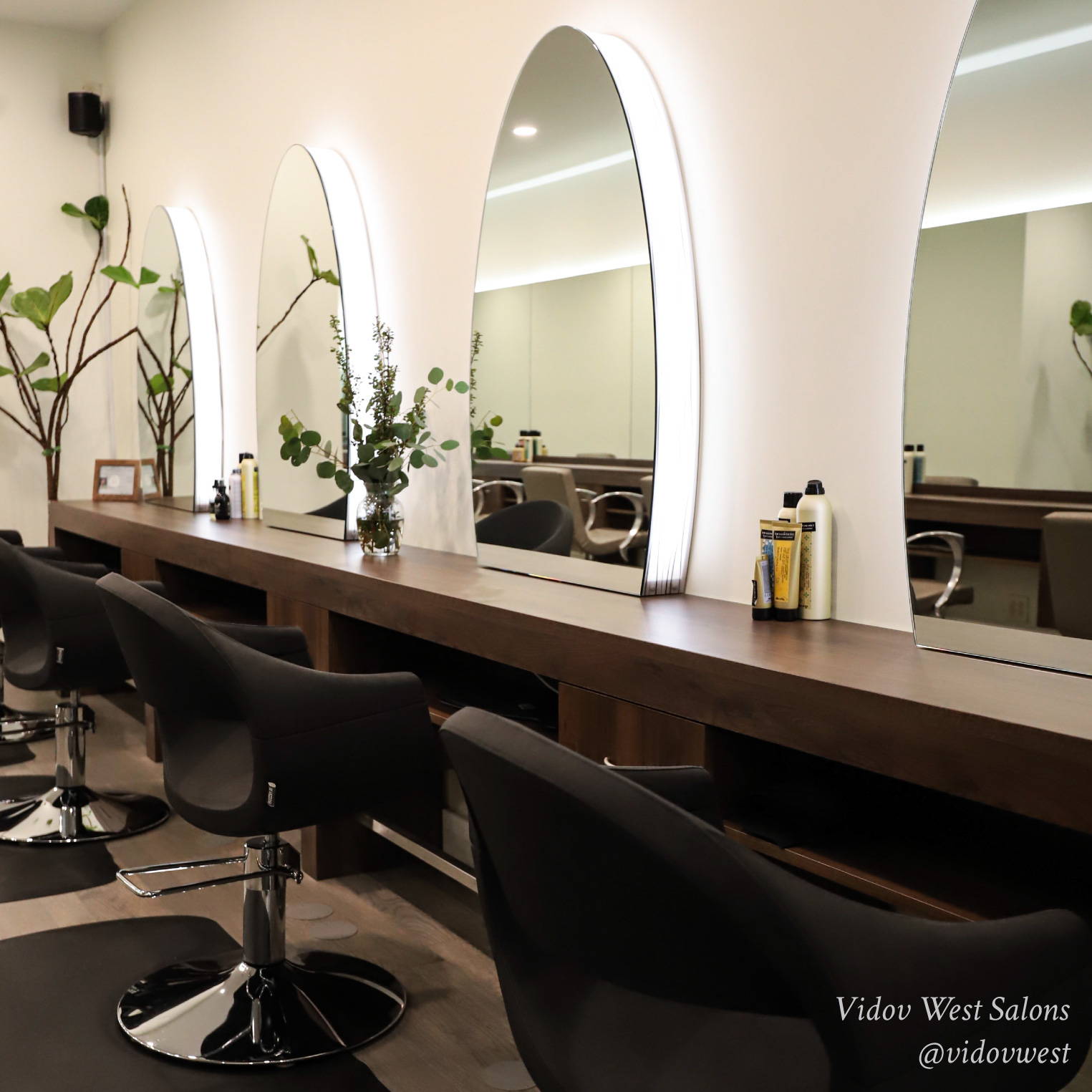
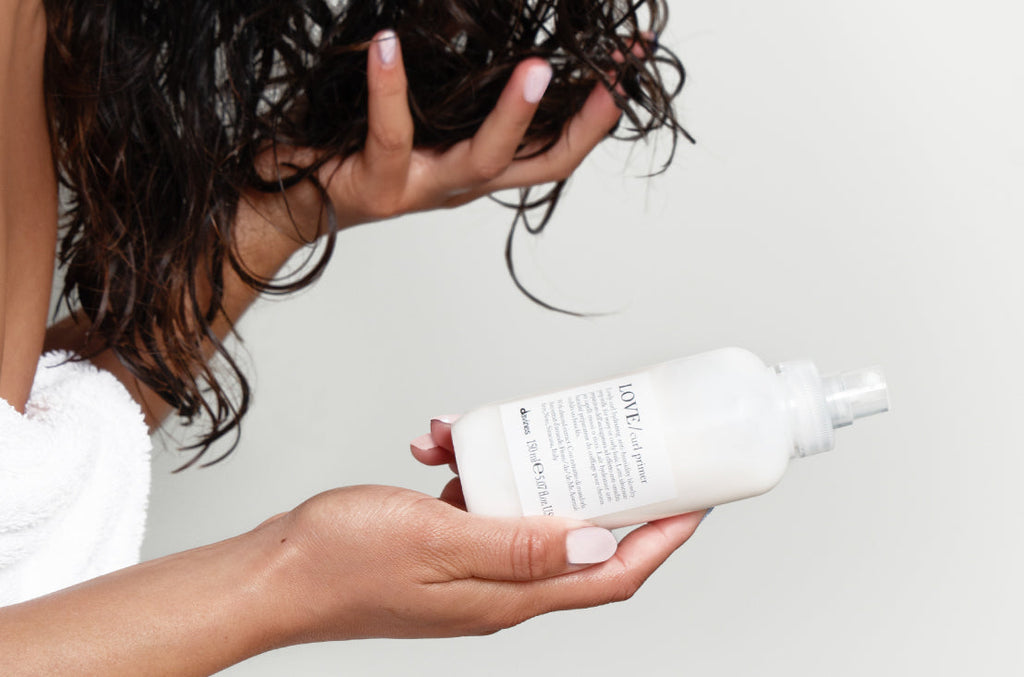
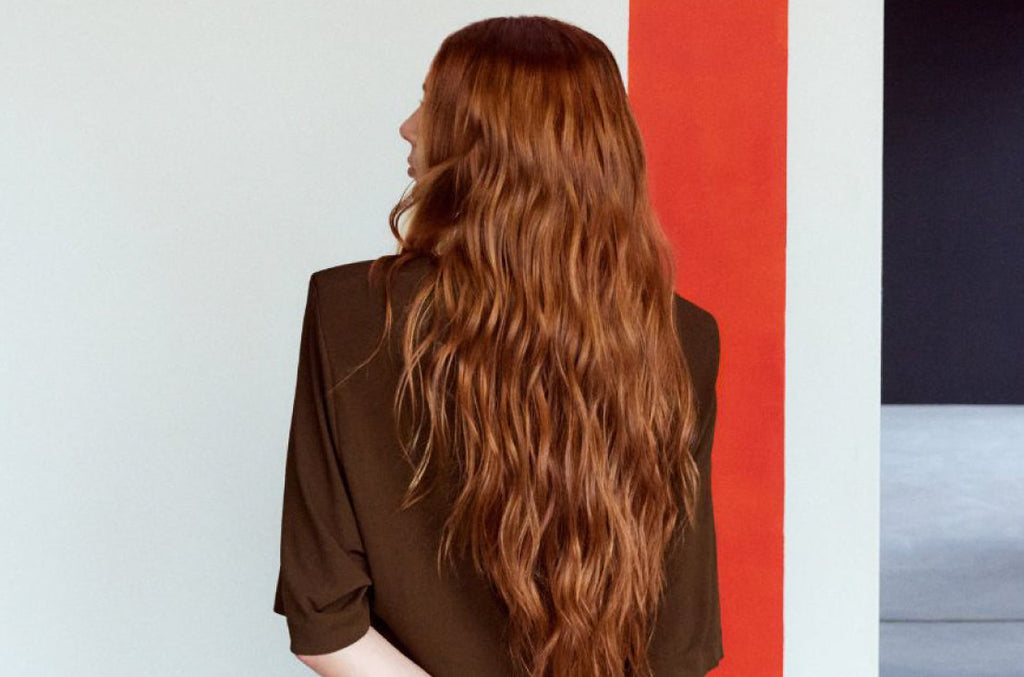
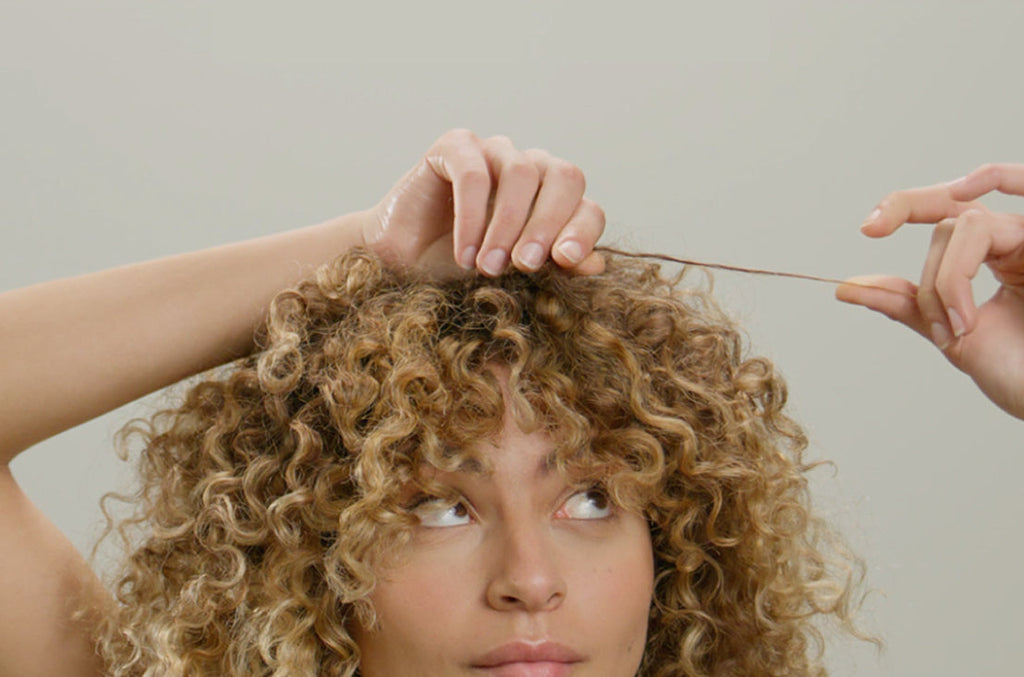
Leave a comment
Comments will be approved before showing up.